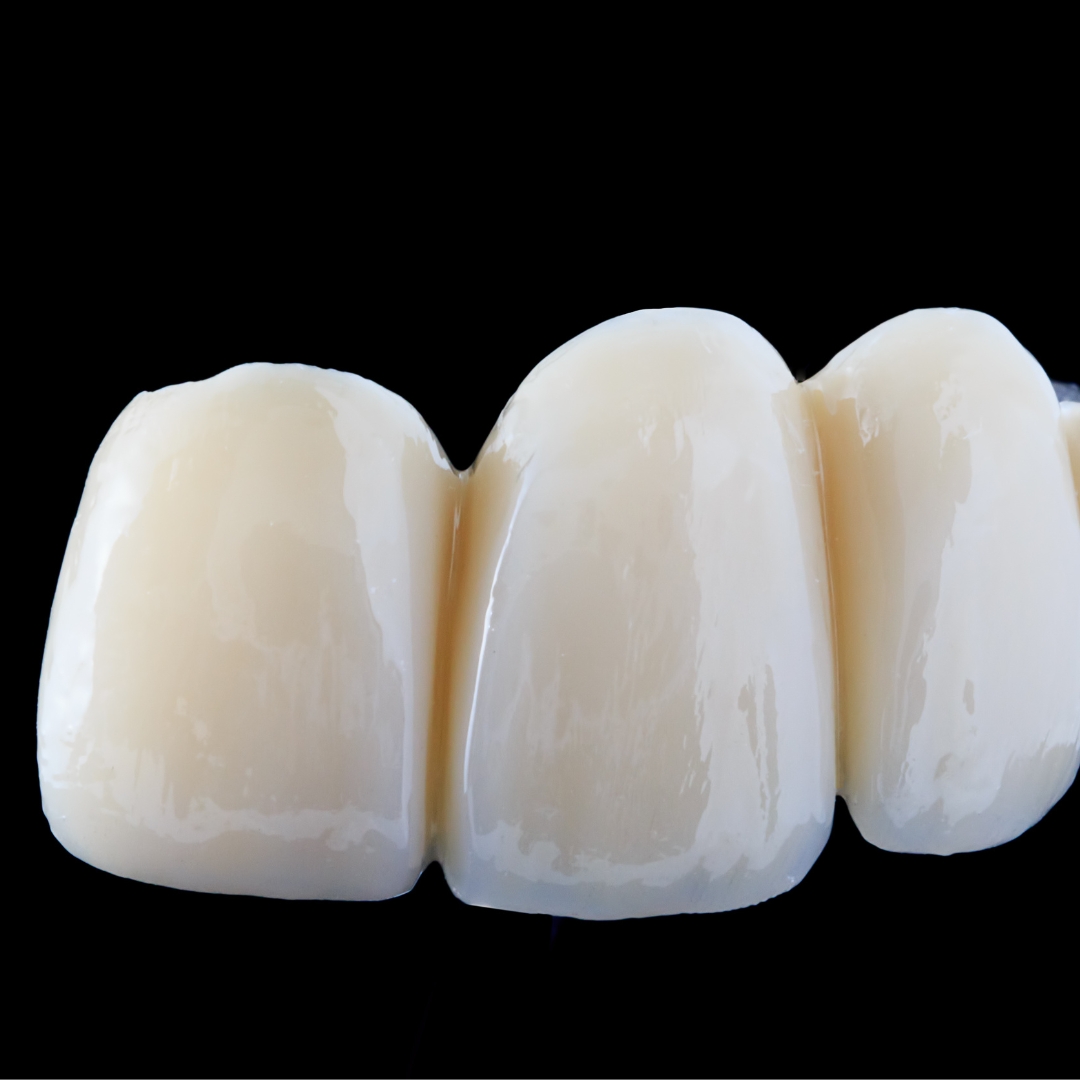
Crows are specially designed to encase weak or damaged teeth, restoring both their strength and appearance. In addition to strengthening teeth following treatments like root canals, they also enhance appearance and mask flaws.
There are numerous causes for which a patient might require a dental crown. A crown might be a good option if you need to preserve what’s left of your tooth or if you have discoloration from a prior filling.
One or more lost teeth can be replaced with dental bridges. They are made up of a pontic, an artificial tooth (or teeth) secured in place by dental crowns affixed to neighbouring teeth. With bridges, you can correct your smile and stop the remaining teeth from moving out of position.
FAQ
After the crown is placed, will eating be difficult?
ThNo, there won’t be any issues when eating; in fact, your ability to chew food will improve with the crown in place, making eating easier. You might experience some minor discomfort at first, but if you eat soft food in small portions for a few days, the adjustment will be easier You can always ask your oral surgeon to look into the discomfort, if any:
What is the expected lifespan of the crown?
Just like with other dental procedures, proper maintenance determines how long your dental crown will last. Frequent cleaning and flossing, along with periodic scaling, can help to prolong the life of a crown. A well-made crown can last up to ten years, but the average crown only lasts five to seven years.




